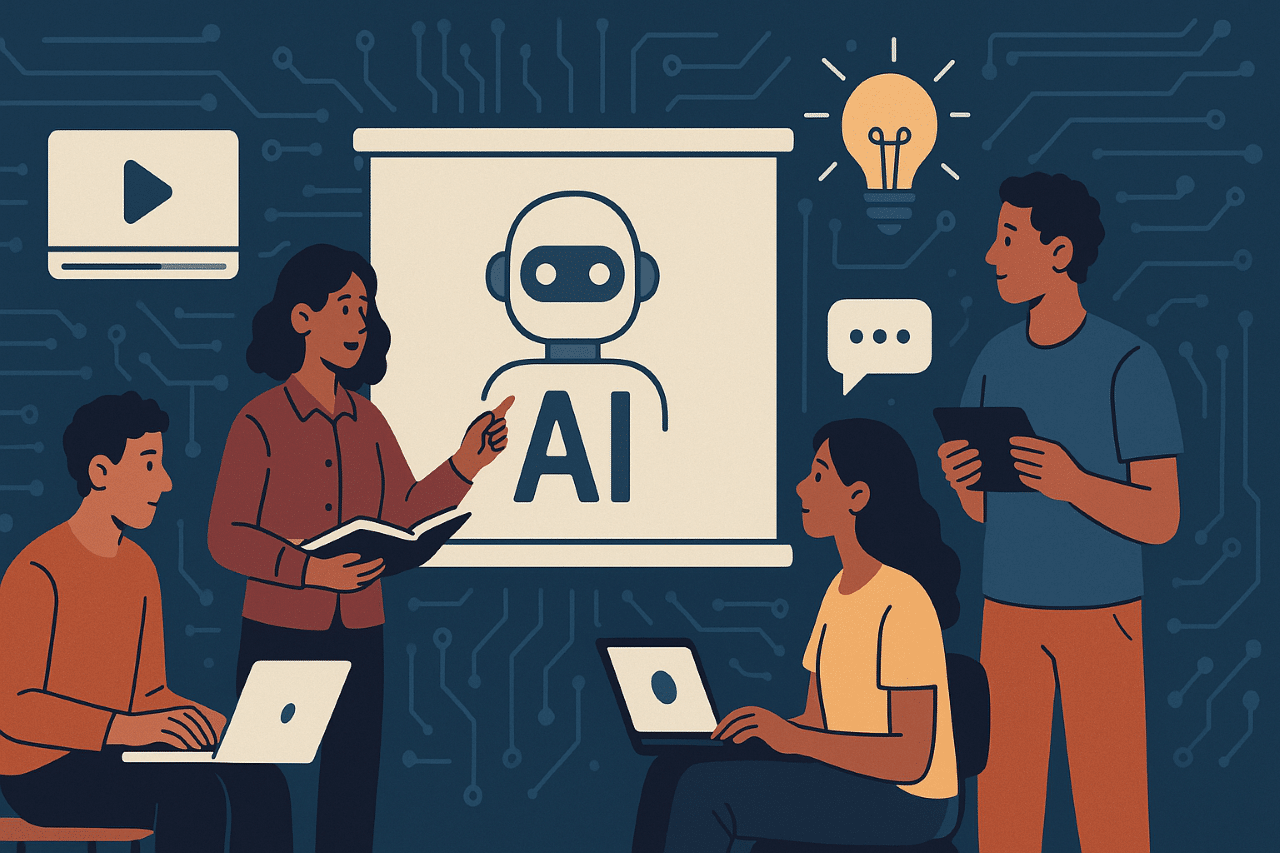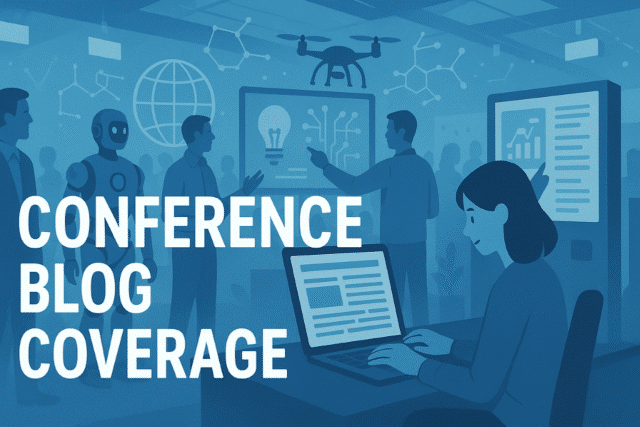Why AI is Alluring to Foodservice Distributors

AI is high on the radar of foodservice distributors for many reasons.
Executives interviewed for an IFDA report on AI said the biggest opportunities range from handling tasks faster — akin to having a robot that serves as an assistant — to achieving results not possible before.
Here are a few examples of opportunities cited by industry executives in interviews for the report, which is titled Delivering Efficiency: A Realistic Guide to Artificial Intelligence Use in Foodservice Distribution.
- Boosting Accuracy and Speed: Distributors can benefit from improved accuracy and speed related to ordering. AI can help distributors enhance accuracy based on its knowledge of customers’ inventory.
- Gathering Actionable Insights: Executives hope to leverage AI for its ability to improve actionable insights, for aspects ranging from sales to purchasing.
- Growing Customer Bases: AI capabilities can help a distributors’ sales team enhance ordering strategies while freeing up time for sales reps to focus on improving customer experience and volume.
Meanwhile, another IFDA research report spotlights how distributors use or plan to use AI. Here are those insights from the 2025 Foodservice Distribution Industry Technology Report.
- Most companies are turning to AI for ecommerce solutions (56%), office/workflow automation (52%), and customer service or forecasting (48% each).
- Other leading uses include cybersecurity, marketing, route planning, and driver monitoring (all 37%).
- Adoption is less common for warehouse operations, employee training, and predictive maintenance, reflecting a focus on customer-facing and operational efficiency over backend or process-specific applications.
These insights are useful as the industry prepares to head to the IFDA Solutions Conference in Columbus, Ohio. The event will showcase AI solutions in its education sessions and in the conference expo.
Here are just a few of the sessions and exhibitors that will address AI usage:
Harnessing Predictive Analytics and AI in Transportation
Monday, Sept. 29, 2:45pm to 3:45pm
In this workshop, Dot Transportation Inc. will showcase its cutting-edge technology integrations in transportation, focusing on predictive analytics that proactively identify and modify driver behavior patterns before incidents occur.
AI in Warehouse Management: From Promise to Performance
Tuesday Sept. 30, 2:30pm to 3pm
This workshop will explore how AI has evolved from narrow applications to powerful systems that drive real-time, data-driven decisions and optimize warehouse efficiency.
From Chaos to Clarity: How AI Streamlines Your Business
Tuesday Sept. 30, 12:15pm to 12:30pm
This Learning Lab session will address how AI is revolutionizing wholesale and distribution by automating order processing across all channels, streamlining pricing and invoicing, and using data intelligence to forecast demand and optimize operations.
Meanwhile, the IFDA expo will be packed with exhibitors offering a wide range of technologies and applications. The IFDA blog has been spotlighting many of these companies and here are a few more to showcase.
Choco: Endless Aisle is an innovative partnership between Dot Foods and Choco. It gives your operators access to thousands of new SKUs, right through your Choco powered ecommerce storefront. It enables distributors to extend their shelf, without expanding their warehouse. Find Choco in booth #850.
Takt: Takt is an AI-powered warehouse intelligence platform that combines labor, automation, robotics, and operational data from WMS, HRIS, and other systems to deliver a complete view of warehouse performance. Find Takt in booth #141.
Loop: Loop’s modern transportation cost management platform uses domain-driven AI to transform complex supply chain data into meaningful metrics and actionable insights. Loop’s Control Suite puts transportation, finance, and operations teams in control of how they govern, track, and optimize spend. Loop’s AI-powered freight audit and payment solution transforms complex supply chain data into meaningful metrics and actionable intelligence. Find Loop in the Discovery Zone pod 3.
KoiReader Technologies, Inc: KoiReader is built to handle any supply chain configuration. From scanning, profiling, verifying, picking, and gate check-ins, to end-to-end visibility, KoiReader utilizes its Vision and Agentic AI to eliminate congestion, ensure seamless workflow, and boost worker productivity. The result: real-time strategic insights for managers and superior experiences for end customers. Find KoiReader in the Discovery Zone pod 7.


